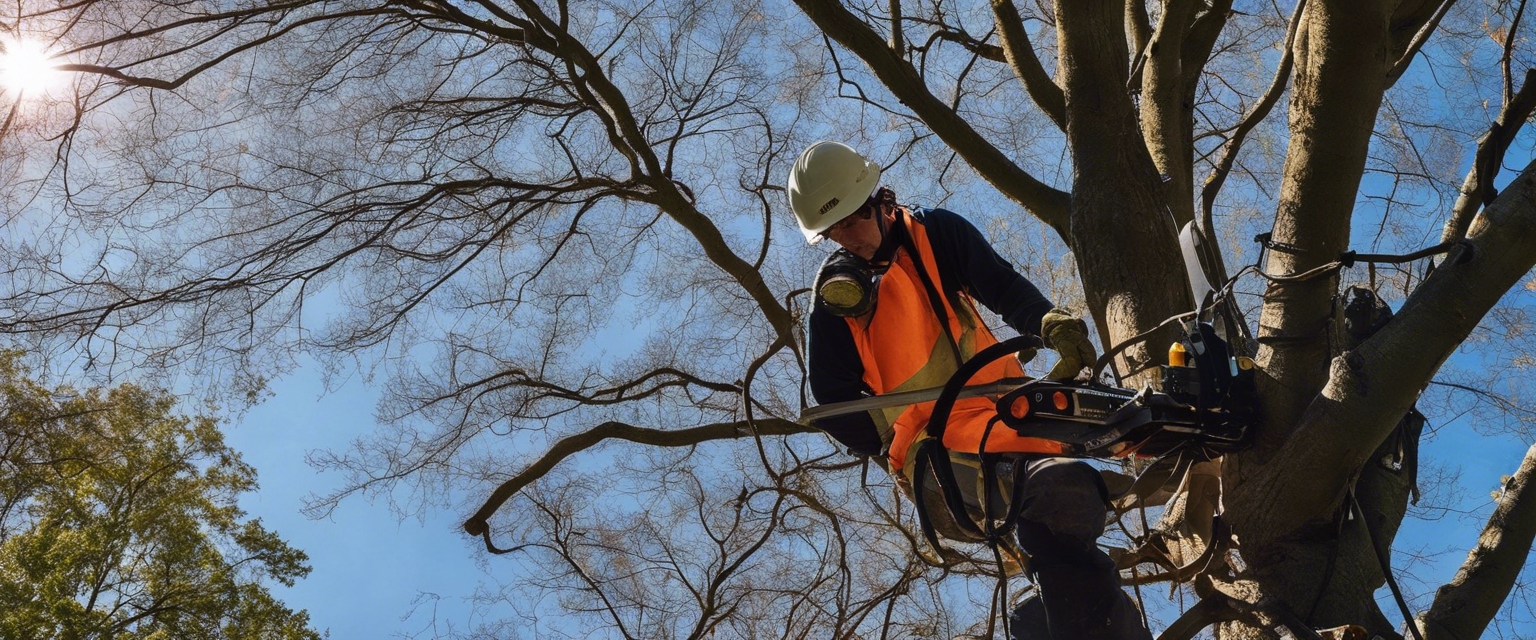Choosing the right trailer for your heavy-duty transport
Heavy-duty transport refers to the movement of large, heavy, or oversized items that require specialized equipment and careful planning to move safely and efficiently. This type of transport is essential for industries such as construction, manufacturing, and logistics.
Selecting the right trailer is crucial for the safety and efficiency of heavy-duty transport. The right trailer not only ensures that your cargo arrives at its destination undamaged but also that it adheres to legal requirements and minimizes the risk of accidents.
Types of Heavy-Duty Trailers
Flatbed trailers are versatile and can carry a wide range of cargo. They are characterized by a flat, open deck which makes them easy to load and unload from all sides.
Lowboy trailers have a low deck height, making them ideal for hauling tall items that might exceed height restrictions on other trailers.
Also known as step-deck trailers, they have a lowered deck to accommodate taller cargo while still adhering to height regulations.
These trailers are designed to transport exceptionally long loads and can be extended to provide additional deck space.
RGN trailers offer the convenience of a detachable front, allowing for drive-on loading of heavy machinery.
Factors to Consider When Choosing a Trailer
The type and weight of your cargo will largely determine the type of trailer needed. It's essential to choose a trailer that can safely handle your cargo's weight.
Dimensions are critical when selecting a trailer. Ensure the trailer can accommodate the height, width, and length of your load.
Consider the destination and the route's terrain, as some trailers are better suited for different road conditions and distances.
Each state or country may have different legal requirements for heavy-duty transport. Ensure you're aware of these when selecting your trailer.
The trailer's build quality will affect its longevity and the safety of your cargo. Opt for trailers with a reputation for durability and reliability.
Additional Equipment and Features
Tarping systems protect your cargo from the elements and can be essential for certain types of loads.
Adequate tie-down points are necessary to secure your cargo during transport.
Some trailers come with built-in equipment to assist with loading and unloading, which can be a significant advantage.
Maintenance and Safety
Regular maintenance is vital to ensure the trailer remains in good working condition and safe for use.
Trailers should be equipped with safety features such as lights, brakes, and reflectors, and operators should follow strict safety protocols.





Kommentaarid (0)